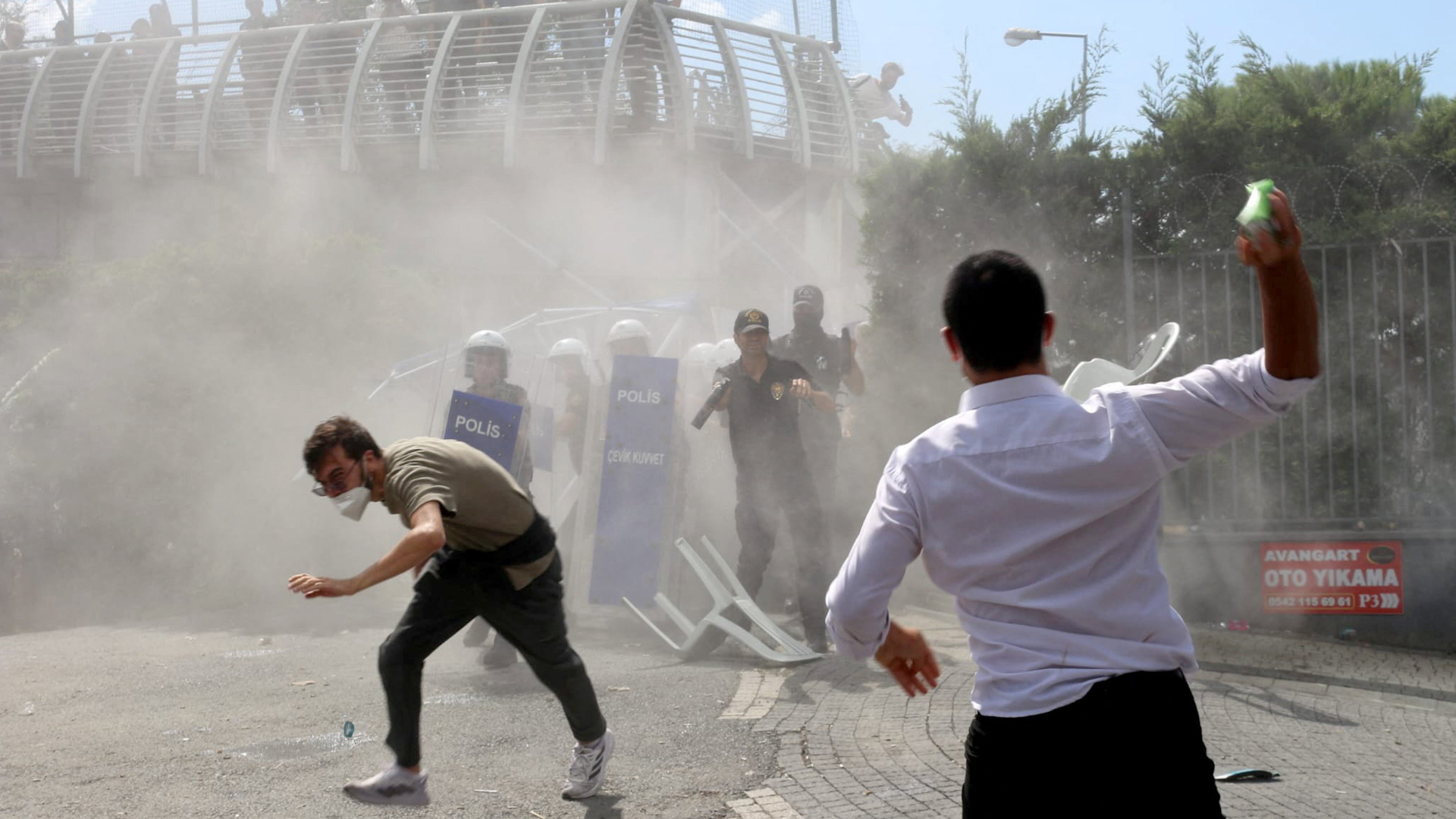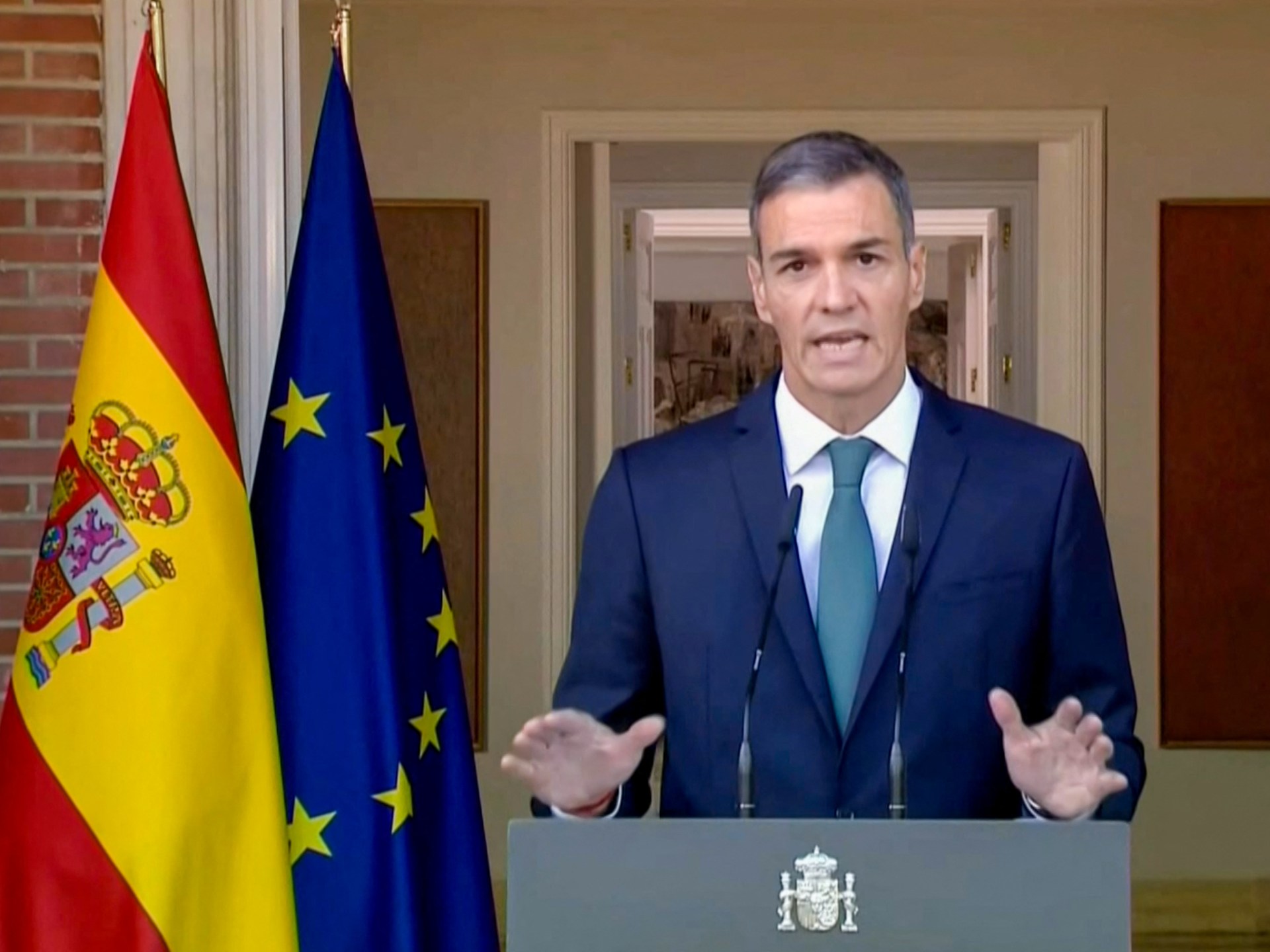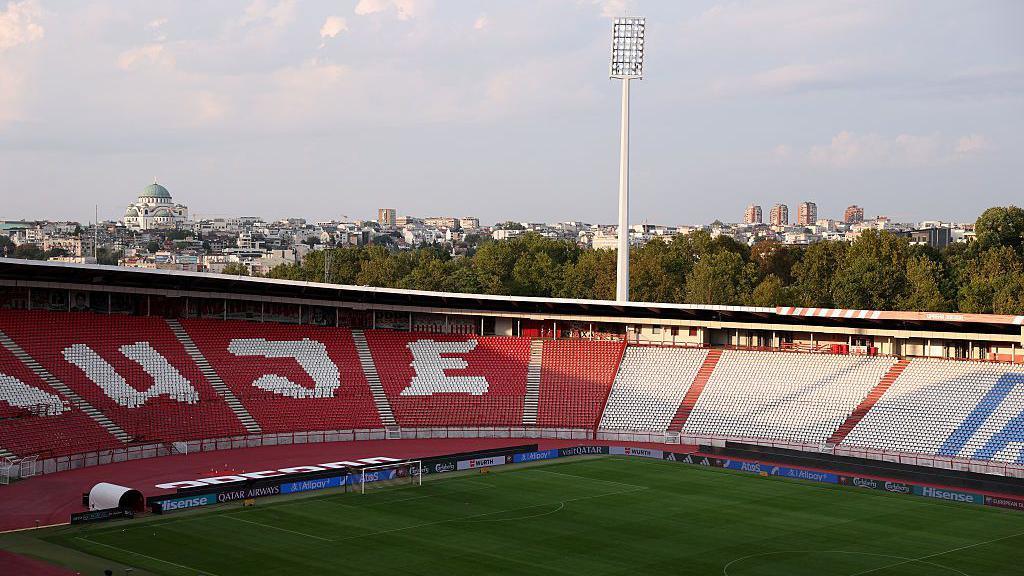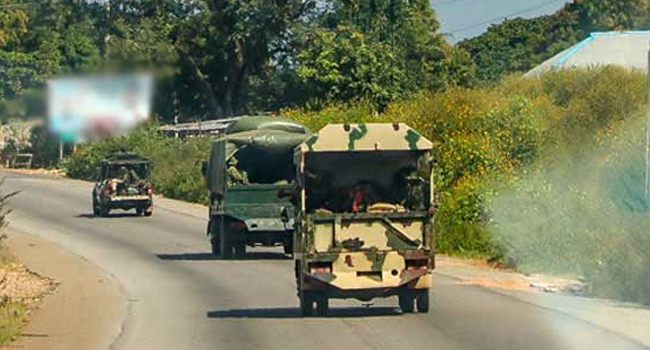Strictly Come Dancing star Vicky Pattison has opened up about her struggle to find success and fame in a new chat
Strictly star Vicky Pattison has revealed she was so skint before her rise to fame that she resorted to stealing loo rolls. The reality TV queen, who is preparing for her upcoming stint on Strictly Come Dancing, faced financial hardship as a student in Liverpool before hitting the big time with Geordie Shore.
Vicky, 37, confessed: “All of that university life thing is amazing, but it is hard, too. I have memories of stealing toilet rolls from bars because I’d run out of money to buy my own. I used to live above a bar, and come the end of the week, I’d go there to buy a burger and a beer for a fiver (which apparently I did have money for) and go into the loo and steal the toilet tissue.
“And when you’ve done that for three years, it starts to take its toll on your soul.
READ MORE: Strictly Come Dancing’s Dani Dyer admits she’s terrified ahead of BBC launchREAD MORE: Vicky Pattison weeps that people ‘will never like me’ ahead of Strictly debut
“I didn’t come out of there in a good position to face the world. I was naïve, skint and starting to get scared,” reports the Daily Star. “Unsure of what to do next, I ran straight back home to Newcastle with my tail between my legs.”
Vicky shared that she moved back in with her family and took up a part-time job at a jeans shop called G-Star in an effort to regain her footing.
She continued: “I remember thinking, I’m just coming home for a few months. I’ll save up enough money, and then I’ll move to London.”
It comes after Vicky shared her concerns about Strictly and confessed her fear that certain members of the audience weren’t ever going to take to her.
“I am still just trying to change the opinions of people who will never like me, who are convinced I’m nothing but that girl from Geordie Shore, that I’m never gonna be any better,” she wept. “I’m wasting my time trying to pander to these people.”
Speaking to her co-host Angela Scanlon on their podcast Get a Grip, Vicky cried: “All this can’t go on.
“I feel like I’ve just been walking around in this haze for so long pretending to be happy and all the rest of it and I’m not. I wanna prove to people that I can do it.”
With just three weeks until the first live instalment of the BBC ballroom show, Vicky said she’d been having therapy sessions with This Morning’s resident counsellors the Speakmans, to help her come to terms with the challenge ahead.
Follow Mirror Celebs on TikTok, Snapchat, Instagram, Twitter, Facebook, YouTube and Threads.
READ MORE: ‘Excellent’ smartwatch with ‘long-lasting’ battery on sale in Amazon offerREAD MORE: Cheapest place to buy Amazon kid’s tablet that’s perfect for interactive learning










